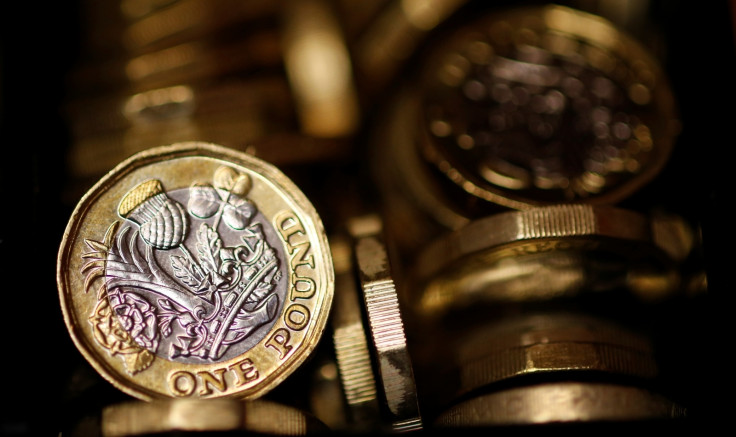Fresh Brexit deal hope drives pound to highest level since EU referendum
Pound has climbed 3.5% since the last week of December and is 2018's best performing major currency so far.

The pound climbed to its highest level since the Brexit referendum on Tuesday (23 January), with investors growing increasingly optimistic over the currency's short-term future.
Sterling hit $1.4005 in early Asian trading – the highest level against the US dollar since Britain voted to leave the European Union in June 2016 – before retreating slightly as the European markets opened.
Shortly before 10am GMT, the pound had fallen to $1.3891 but remained 0.19% higher against the euro, trading at €1.1321.
Despite the slight dip, however, the pound is the best-performing major currency so far in 2018, having gained 2% and enjoying a 3.5% rally since the last week of December. Against the dollar, the pound has climbed 18.2% since October 2016.
"The $1.40 [level] is not only a psychological level, but it has also been considered a key support level during the past three decades prior to the Brexit vote," said Hussein Sayed, chief market strategist at FXTM.
"Although a lot of the currency's strength is attributed to dollar's weakness, the pound is the best performing major currency this year, and it's up 1.35% against the euro in the year-to-date which is a better proxy for Brexit negotiations."
Miles Eakers, chief market analyst at Centtrip, added: "Sterling's strong performance comes amid fresh optimism that a deal to leave the EU could be reached, following news that Theresa May will put her Brexit bill to the House of Lords today."
In recent weeks, traders have grown increasingly confident both London and Brussels will agree to reach a trade deal suitable to both parties, which would greatly reduce the chance of a so-called "hard Brexit" and, in turn, the pound's volatility.
"There is definitely a feeling that Brexit is now far more likely to be 'soft', which underestimates the risk for more problems ahead in our view but for the time being is leading to demand for GBP," said John Marley, head of FX strategy at Infinity International.
Meanwhile, the UK economy faces another an important week, with unemployment data due to be released on Wednesday (24 January) and the latest GDP reading set to be published two days later. The latter is expected to show that Britain's economy grew 1.4% year-on-year in the final quarter of 2017, a sharp deceleration from the 1.7% recorded in the previous 12 months.
The figure would be in line with forecast from the International Monetary Fund, which earlier this week forecast Britain's economy in 2018 and 2019 will grow 1.5%, despite upgrading its forecasts elsewhere.






















